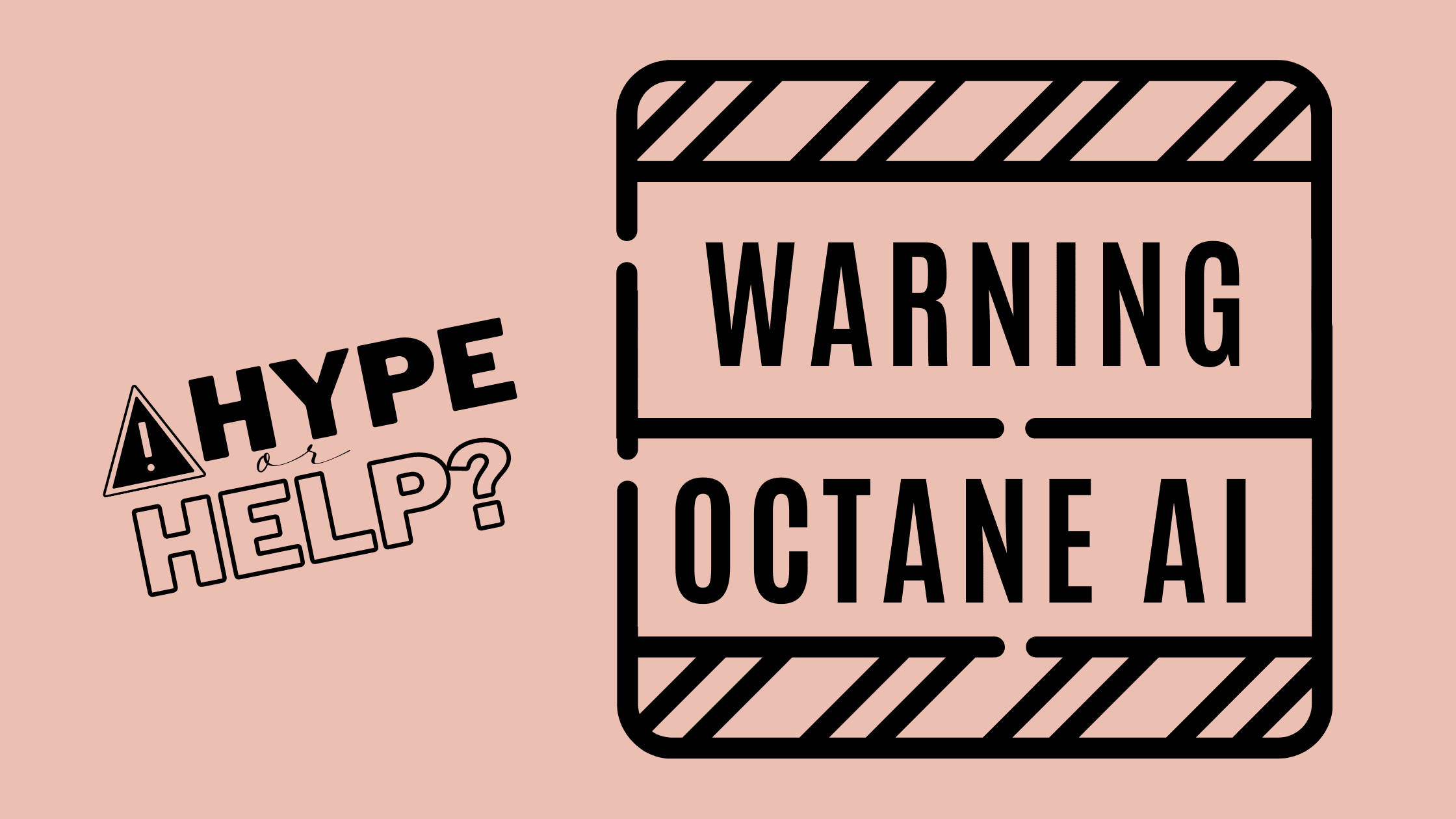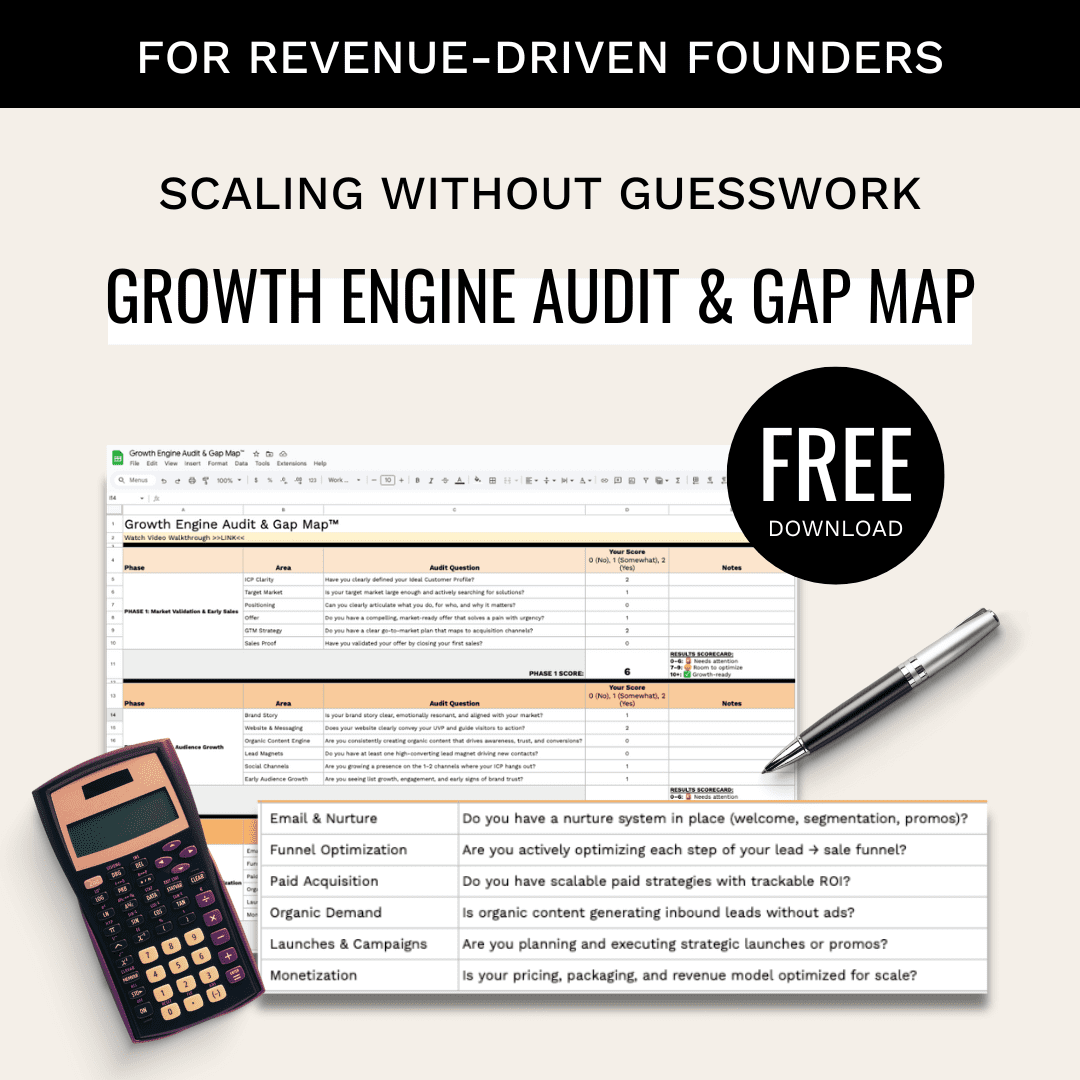Ever heard of Octane AI? In this article, we’re going to dig deeper on what it is and break down the good and the not-so-good features of this new e-commerce technology.

Due to data breaches and increasing reports of representatives mishandling customers’ information or not being straightforward about why they need it, people have become more reluctant to provide companies with their details.
It’s also more difficult for companies to use the same tracking mechanisms they once did. A 2021 Apple software update required all apps to request permission before tracking and selling details about a person’s online activities. Previously, Facebook and other apps regularly used pixels to monitor people’s online activities. It then charged companies to show relevant ads to individuals in a practice called retargeting.
It worked well because people don’t often purchase products on their first visits to websites. They may research features and compare prices during those initial website interactions and return several weeks later to buy. However, they might never come back.
Retargeting ensures people keep seeing a website’s ads elsewhere online, raising their chances of eventually purchasing. Apple’s user-controlled approach to tracking doesn’t make retargeting entirely out of the question.
However, many people prefer it if apps don’t track them. That means marketers and others who work with data must pursue different approaches. People at a company called Octane AI believe zero-party data is the way forward.
What Is Octane AI?
Octane AI is a platform that allows merchants that use Shopify and Klaviyo to create personalized interactions that encourage site visitors to give details about themselves. Individuals willingly and proactively provide this information, known as zero-party data.
An Introduction to the Zero-Party Concept
For a while, first-party data was a valuable type of data to collect because it was information marketers could gather from their own online and offline sources, such as social media or newsletter signups. That’s in contrast to third-party data, which comes from entities that don’t have direct relationships with the data sources. Marketers must pay for third-party data.
Zero-party data is information that customers directly provide to the company. Zero-party marketing is all about companies using the details people give to build relationships with them and personalize the content they see through various channels, such as a company website, email or text message.
As a Forrester report explained, “While first-party data is rich with behavioral data and implied interest, zero-party provides explicit interest and preferences — and you must use it to improve the value you provide to consumers.”
Octane AI: Help or Hype?
People understandably wonder if Octane AI could genuinely improve marketing or if its offerings will cause a short-term buzz without staying power. Here are three positive and potentially negative factors to consider.
The Good
- Octane AI Could Reduce Cart Abandonment Rates
Cart abandonment is a major issue in e-commerce. A far higher number of customers than you might think put things in their shopping carts and leave without completing the transactions. Data from 2020 showed that the rate surpasses 96% in the automotive industry. Even insurance, the best-performing sector represented, still had a rate of more than 67%.
Those statistics show there’s lots of room for improvement. Octane AI claims that it can convert more than 10% of abandoned carts into sales with personalized messaging.
- It Connects With People in a Format They Like
Octane AI specializes in an emerging option called conversational commerce. It allows people to engage in real-time chats with live agents or bots rather than using methods that require waiting times, such as phone calls or email forms.
A 2020 survey of American adults revealed that 72% are more likely to purchase from brands that offer chat messaging. The same research showed that 69% prefer to communicate with companies that way over phone calls. If people like the communication format, the chances of them becoming loyal customers could go up.
- It Gives Brands Relevant Data
The earlier discussion of changes in the marketing industry explained why brand representatives can no longer rely on customer tracking in the background. Octane AI shows transparency with its data collection methods. One example is the shoppable quiz.
“The shoppable quiz is the idea of bringing the in-store conversation to the front page of an e-commerce website. It allows them to ask questions once you walk through that virtual front door,” explained Matt Schlicht, Octane AI’s CEO and co-founder. For example, a shampoo brand might have a shoppable quiz to ask about someone’s hair type, helping them purchase the most appropriate product.
The Possible Downsides
- People May Find the Personalized Content Slows Their Shopping Process
Octane AI shows people customized content through quizzes and pop-up windows as they shop. The goal is to get information from them to improve the shopping experience. However, some people may get frustrated by what they perceive as obstacles that prevent them from quickly purchasing something on a site.
- Consumers May Not Want Text-Based Shopping Cart Prompts
Many companies already send people emails encouraging them to purchase items left in their carts. Octane AI takes that approach further by contacting people via text message and Facebook Messenger to urge them to complete their purchases. Some people may find that intrusive, especially if the messages arrive when they’re busy.
- Many People Dislike Pop-Up Windows
A large part of Octane AI’s strategy relies on windows appearing as people browse sites. However, many consumers are so conditioned against such content that they download pop-up blockers or quickly close the windows before reading them.
Screenshots on the Octane AI site show that the windows have Xs, allowing people to get rid of content. If too many people treat the pop-ups as they often do, brands won’t have the expected data-collection opportunities.
Will Octane AI Be a Marketing Game-Changer?
Octane AI’s approach combines conversational commerce with zero-party data collection. It’s too early to tell whether customers will embrace or shy away from this method, but it’s clear the old ways of data gathering and marketing no longer suffice.
If you’re digging this real talk on Octane AI and whether it’ll be helpful to your marketing efforts, then be sure to check out this post about Omnichannel Analytics and Chanel Scoring to learn how these can help in increasing your sales and improve your business’s ROI.
A Guest Post By...
This blog post was generously contributed to Data-Mania by Shannon Flynn. Shannon Flynn is a freelance blogger who covers business, cybersecurity and IoT topics.






